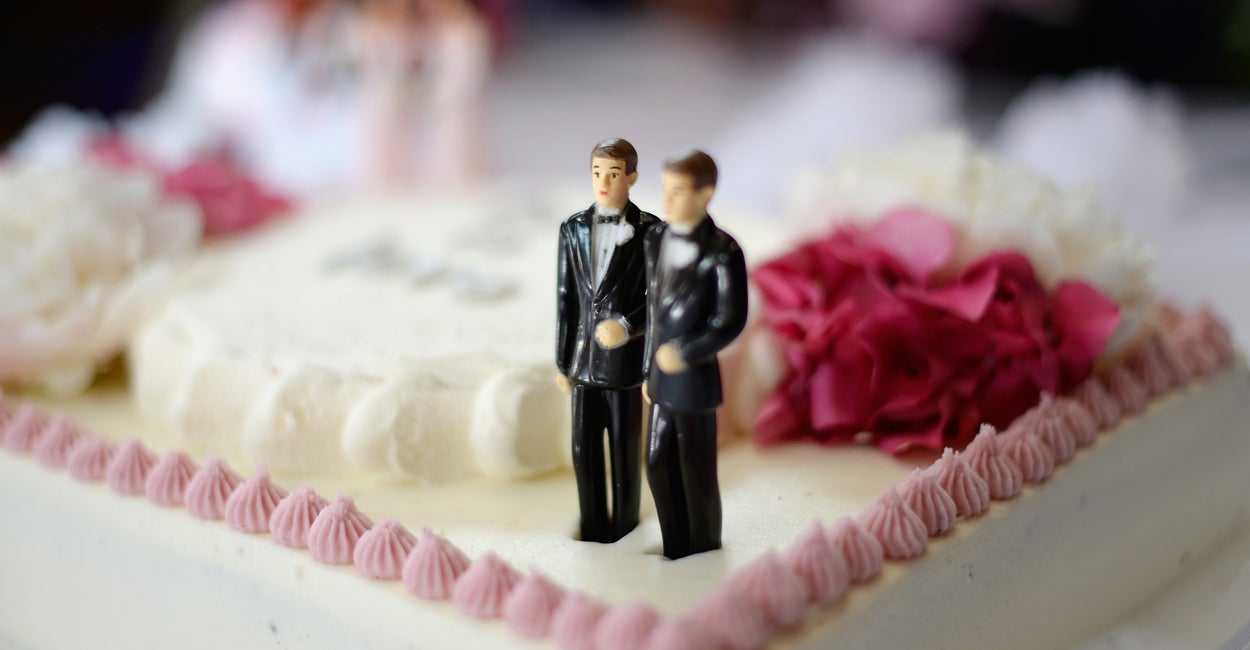The cake part is in quotation marks because this is not the famous Masterpiece Cakeshop case or the less famous Arlene's Flowers one, but that of a wedding web designer, perhaps because while making cakes and picking flowers is a matter of artistry, a web designer is perhaps more clearly an artist engaged in speech.
Oral arguments in 303 Creative LLC v. Elenis will likely be held this fall. The case involves Colorado-based web designer Lorie Smith, who says her religious beliefs would not allow her to create a custom wedding website for same-sex couples.
The Court will decide whether applying a public-accommodation law to compel an artist to speak or stay silent violates the Free Speech Clause of the First Amendment.
Colorado’s Anti-Discrimination Act (CADA) was also at issue when the high court heard the case of a Colorado baker who refused to make custom wedding cakes for a same-sex couple. While the Court said the baker was treated with anti-religious bias, the justices at the time sidestepped the larger question of whether certain businesses can assert a religious liberty claim when refusing to serve certain customers. --->READ MORE HERE
 |
| Photo: Kevork Djansezian/Getty Images |
Some U.S. Court of Appeals have a long history of issuing decisions that are demonstrably hostile to wedding artists seeking to exercise their First Amendment rights.
Whether for wedding flowers or for custom designed wedding cakes, these courts have repeatedly circumvented the rights of business owners to both practice their religious freedom and refuse to affirm messages that contradict their religious beliefs in the provision of their unique services.
By applying nondiscrimination laws to businesses they deem to be public accommodations, the states of Colorado and Washington have so far found a way to subjugate the First Amendment rights of those proprietors to the desire of individuals seeking a particular wedding product or service from a particular vendor. To date, they have consistently found the latter be the more compelling. But one wedding vendor in Colorado is hopeful that such a trend won’t last.
On Wednesday, the Supreme Court granted writ of certiorari in another “wedding vendor” case. In 303 Creative LLC v. Elenis, the court will decide whether a state’s application of a nondiscrimination law, which would compel a website designer to create a website for a same-sex wedding, which she believes violates her sincerely held religious beliefs, violates her right to free speech under the First Amendment.
While past wedding vendor cases have focused on the free exercise clause, this case raises different arguments that the Supreme Court has not considered.
The petitioner, 303 Creative, had sought the Supreme Court’s review on two questions: --->READ MORE HERE
If you like what you see, please "Like" us on Facebook either here or here. Please follow us on Twitter here.


No comments:
Post a Comment